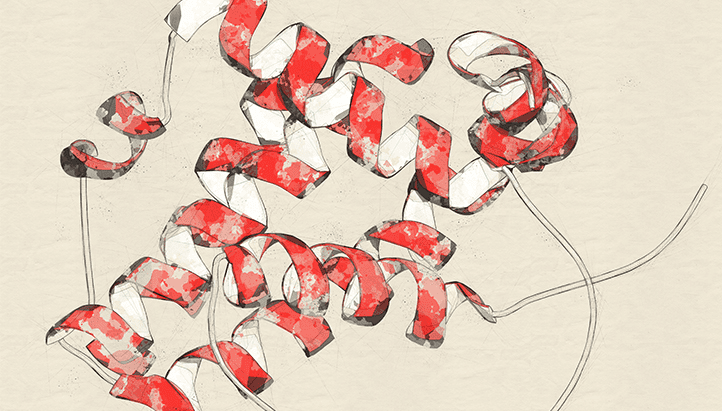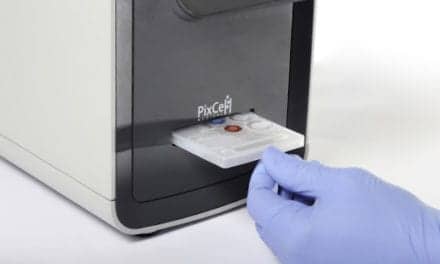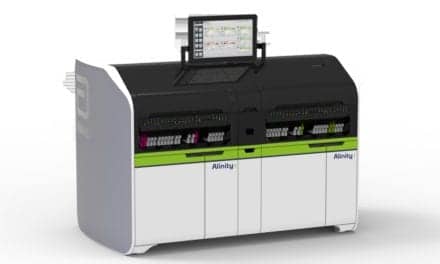Researchers at the Los Angeles Biomedical Research Institute have uncovered a common blueprint for proteins with antimicrobial properties. The finding opens the door to the design and development of a new generation of antiinfectives active against pathogens that have become resistant to conventional antibiotics.1
The discovery was made by Nannette Yount, PhD, a consulting scientist at LA BioMed, and Michael Yeaman, PhD, a professor of medicine at the University of California, Los Angeles (UCLA), and chief of the division of molecular medicine at Harbor-UCLA Medical Center, whose role in this study was as senior investigator at LA BioMed.. The team found that certain small proteins, called peptides, have antimicrobial activity if they contain a specific structural signature consisting of a conserved amino acid pattern that forms a three-dimensional shape known as an alpha-helix.
Yount and Yeaman characterized the alpha-core signature and used it to mine the database of all known proteins and peptides. In doing so, they found thousands of proteins never before known to have antimicrobial activity. The team then synthesized examples of the newly discovered peptides, demonstrating that they have potent antimicrobial activity against infective microbes that resist even the most modern antibiotics.
To further validate their discovery, the researchers worked with Gerard Wong, PhD, a UCLA professor of bioengineering, and chemistry and biochemistry, and his team at the California Nanosystems Institute. Together, they applied state-of-the-art artificial intelligence and machine learning methods to verify how the alpha-core signature encompasses features of peptides known to exert strong antimicrobial activity.
A significant factor in the team’s discovery is that it can be used to engineer fundamentally new types of antiinfectives designed to prevent or treat even the most antibiotic-resistant microbes—superbugs. Such antibiotic-resistant pathogens have been found in hospitals and other healthcare facilities throughout the world, and are now threatening public health in the United States.
LA BioMed has patented the intellectual property resulting from the discovery, and holds the rights to the technology along with Yount and Yeaman.
“We are already nearing the clinic with molecules that incorporate this molecular signature and this discovery opens the door to thousands of new templates from which we can develop newer, potentially even better antiinfectives,” says Yeaman.
For further information, visit the Los Angeles Biomedical Research Institute.
Reference
- Yount NY, Weaver DC, Lee EY, et al. Unifying structural signature of eukaryotic ?-helical host defense peptides. Proc Natl Acad Sci USA. 2019;116(14):6944–6953; doi: 10.1073/pnas.1819250116.







